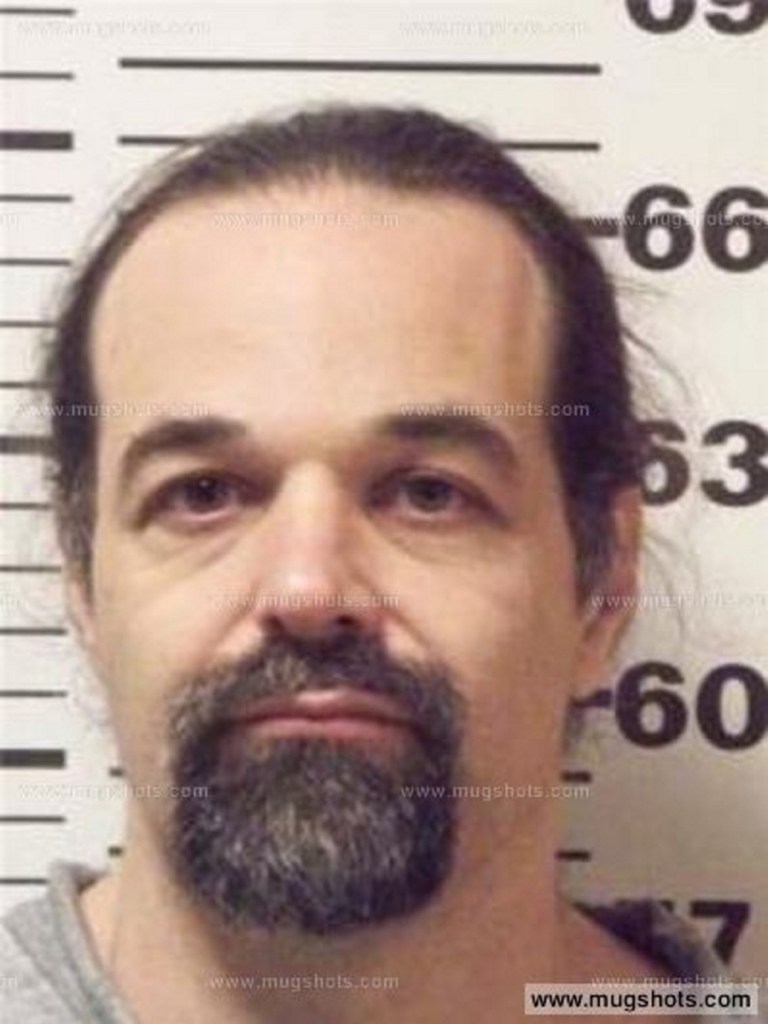AUGUSTA — A convicted murderer who was later determined to be not criminally responsible for aggravated assault and trafficking in prison contraband can have unsupervised time outside Riverview Psychiatric Center to participate in community activities.
Mark Ian Gessner, 54, formerly of Waldoboro, had been denied a similar request two years ago as a forensic patient, but later was permitted to be out of the hospital under a 1-3 ratio of Riverview staff to patients.
Gessner served 21 years in prison for the shooting death of 74-year-old Bath florist Melvin Henderson in 1994, and later was committed to state custody because of the findings on the other charges, which stemmed from 2011 while he was in prison.
Forensic patients — those committed to Riverview through the criminal justice system — file petitions with the court in Augusta when they seek modifications in the conditions under which they are held, including discharge.
Gessner has been at the state’s psychiatric hospital in Augusta since February 2016.
On Tuesday, Justice William Stokes signed an order authorizing Gessner to participate in “unsupervised unstructured community activities,” described as “walks, shopping, brief periods away from direct supervision while on staff-supervised community activities within 10 miles” of the city for up to two hours per day.
Stokes’ order specifically says that the activities cannot interfere with Gessner’s in-patient treatment.
Stokes also noted, “The court finds by clear and convincing evidence that Mark Gessner may be granted a Modified Release Treatment Program without likelihood that he will cause injury to himself or to others due to any mental disease or mental defect.”
Riverview staff must approve all activities, including the unsupervised ones, and there must be specific departure and return times, the order says.
For some activities, Gessner’s brother is listed as an approved supervisor.
Gessner’s attorney in the Riverview matter, J. Mitchell Flick, said Friday that Gessner testified at the hearing, and that both Riverview staff and the State Forensic Service, which evaluates people for the court, supported the changes.
“One of the things the public should realize is that (the hospital staff) implement this very slowly, maybe 15 minutes at a time,” Flick said. “It will probably take him at least three months to earn up to one hour unsupervised.”
The state was represented by the Kennebec County District Attorney’s Office. On Friday, District Attorney Maeghan Maloney noted that Gessner’s petition for a full discharge was rejected but allowed “for increased privileges as structured by Riverview and agreed to by the State Forensic Service.”
She added, “Mr. Gessner will continue to be monitored and will continue to reside at Riverview. It is always difficult to balance the rehabilitation of the individual with the safety of the community.”
In 2016, Gessner initially sought a discharge from Riverview and then modified it to seek some time away from the state hospital. That was denied by a different judge on the basis of the relatively short period of time Gessner had been a forensic patient and “the toxic combination of severe personality characteristics and major mental illness that has led to his dangerous behavior in the past.”
In that order, Justice Donald Marden added, “In fairness to Mr. Gessner, he has spent 22 years in a highly secure prison environment where it is expected he would develop defense mechanisms and confinement survival techniques. … He needs time to work on his reentry into the community at large.”
That denial was affirmed by the Maine Supreme Judicial Court.
This time, however, Gessner received the changes he sought following a hearing May 18 at the Capital Judicial Center.
Interestingly, Stokes was the assistant attorney general who prosecuted Gessner in the murder, and Flick said Friday that engendered some discussion initially at the May 18 hearing.
Betty Adams — 621-5631
Twitter: @betadams
Comments are not available on this story.
Send questions/comments to the editors.



